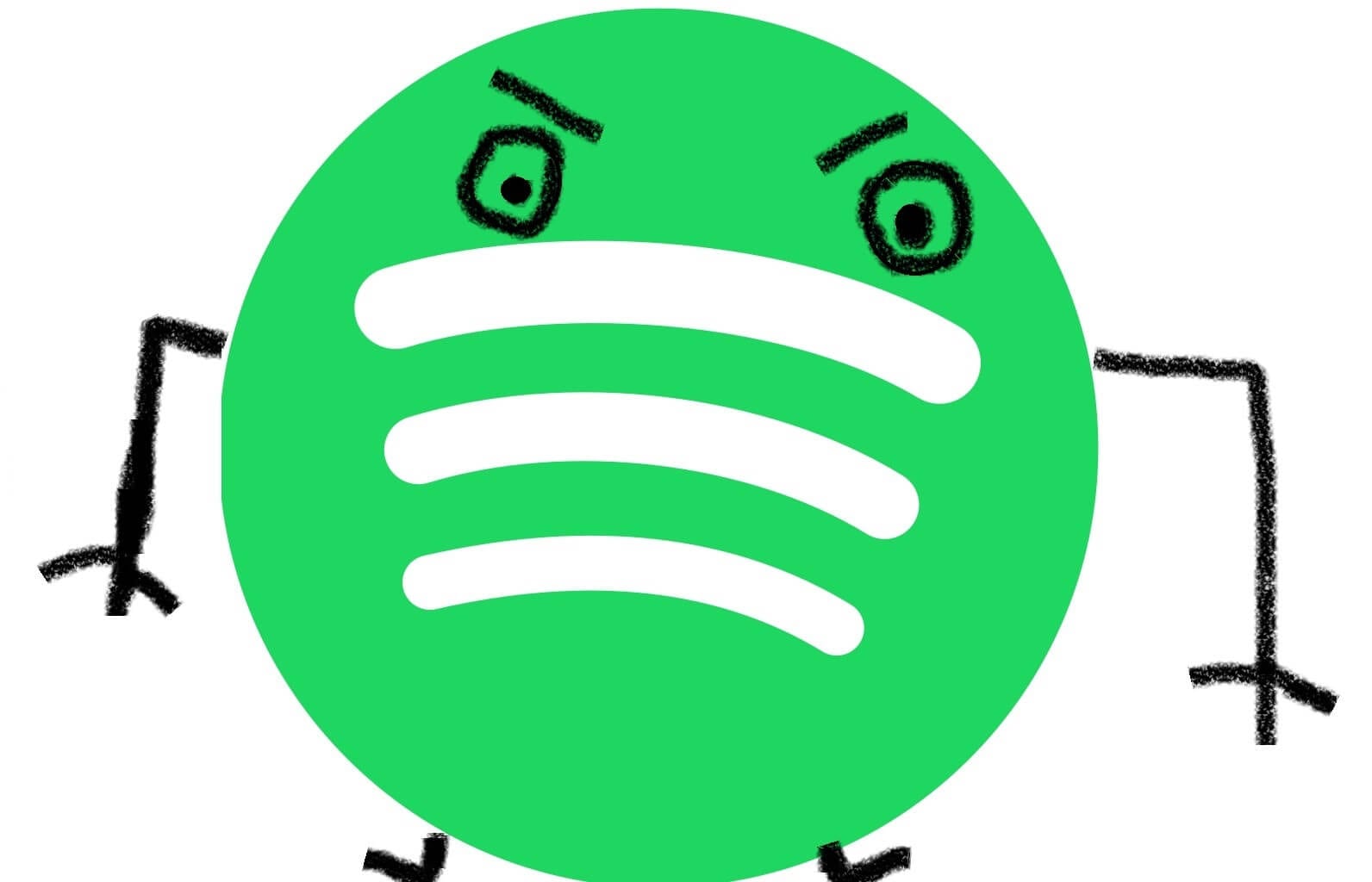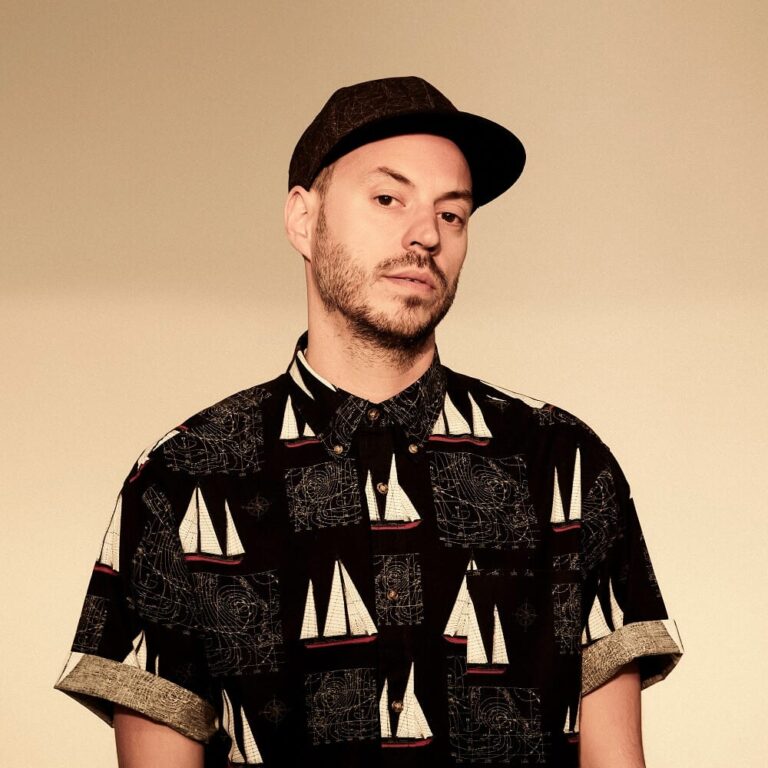The drum and bass scene has had its fair share of beef, drama and internal politics over the years, but few events in recent memory have kicked up such a furore as this weekend’s Spotify stat sharing scandal.
Since last Thursday, when the streaming platform provided all artists and fans with their listening stats for the year, some of saltiest and cynical sides to certain factions of the D&B community have been on display.
In case you need to catch up; Spotify’s Wrapped 2018 campaign tells artists the amount of plays they’ve had, how many fans they have, how many hours have been spent listening to their music and the number of countries in which people have tuned in. Some artists, especially the new generation, have been pleased enough with their stats to share them online.
While this is clearly a razor sharp marketing ploy by Spotify to get everyone sharing links to their platform, most artists sharing it have been genuinely pleased with their stats. Unfortunately these shares have been met by a combination of disdain, anger and cynicism. But should they be?
I don’t care how many Spotify streams you had this year & am sure most of us feel the same. So lame.
— John B (@johnbbeta) December 7, 2018
Look at me
I’m so cool
I have plays on Spotify
In many countries
?— WATERMARK (@Fre4knc) December 7, 2018
I don’t care about your Spotify stats.
— tony ghosts (@KasperDnB) December 6, 2018
There a many more examples out there. All of them suggest the same thing; sharing your yearly stats as an artist on social media is arrogant, places too much emphasis on numbers in comparison to the music and is generally annoying.
Everyone has a right to their opinion, of course, they’re more than able to post about whatever they like, as much as they like. But for the exact same reasons, the opposite opinion can be articulated here: publicly making fellow artists feel small for expressing happiness or satisfaction with their own musical career hurts the type of open, inclusive music scene these artists rely on. That’s a big statement, so it needs backing up.
First off and also most simply – who cares about what other artists are tweeting? Where’s the need to portray them in a bad light, over something that doesn’t affect you?
Secondly, why isn’t the immediate reaction by artists, when shown the success of their fellow artists, to be happy for them? This is especially relevant to D&B – where’s the so-called one love now? Another thing to add to this is that a lot of those posting their stats were young, fresh producers, not members of the old guard who have enjoyed the luxury of vinyl sales when you could buy a small car off the sales of vinyl (or even ‘shit on a piece on vinyl and still sell 4000 units’ as Fresh reminded us last month)
Most of the artists who have shared their stats genuinely and excitedly are precisely the types of people who need to be supported. Any attempt to discredit, dishearten and dis-appreciate the hard and dedicated work put in this year by those at the new, cutting edge of D&B is both strange and salty.
Take someone like Aperio, for example, who I interviewed for this site last month. Aperio is 22 years old, a recent graduate and someone who’s only been releasing music for a couple of years. He’s the epitome of a grass-roots producer – the type that this scene was built by.
The fact that he’s managed to reach hundreds of thousands of people with his music – OUR music – is incredible and should be celebrated not scorned. The fact that from his bedroom in York, his music has made its way to over 60 countries is a testament to how far he’s come and how far this scene has come from its origins in London tower blocks, pirate radios and illegal raves. It’s not just Aperio, either: Revaux and Telomic are just two more examples of small artists showing their pride, whilst Emperor and Hybrid Minds are much larger acts that are equally as grateful to the fans. If you told those originators back in the 1990s that one day, people exactly like them would have that sort of reach, they’d be blown away. Absolutely blown away – and rightly so.
This makes it all the more galling that artists in positions of influence and power are using that position to cast shadows over the success of the next generation instead of supporting them. But it also reveals another generational divide, that regarding the means of how these artists are found and how their music is digested; by streaming sites such as Spotify.
There are valid criticisms of a streaming system that doesn’t provide the types of financial rewards given by that of physical sales and purchased digital downloads, and there is an undeniably valid discussion to be had about its merits. Spotify could certainly do more to reward artists, ideally via higher or fairer payment per stream. Rockwell also makes a good point below about buying straight from the artist, with Bandcamp being a phenomenal service in that regard.
This anti-Spotify sentiment is clear:
Spotify thing 2018 wrapped..ooo, i have 1.2m listens, fuck off…did the musicians just become the suits? Shouldn’t be important! Check your ego’s you numptys! And an extra big fuk off to the people thanking spotify too, you lot get the prize for being the most deluded of all!
— Dom & Roland (@domandroland) December 6, 2018
I get it, it’s nice to feel good from a lot of plays! Not so nice however that the pay is 0.006 dollars a stream. But feel free to openly promote the platform that is largely the reason for the general decline in artists income.
— Dj TeeBee (@DjTeeBee) December 7, 2018
Gentle reminder as everyone is posting Spotify numbers. Those numbers may look impressive but they don’t equate to much?- buy direct from labels and artists wherever possible. If an artist/label is doing something you like, give them your money, not some huge tech company.
— Tom Rockwell (@Tom_Rockwell) December 7, 2018
The reality of the situation though is that Spotify and services like it are here to stay. We live in a social and economic context in which products that provide the best value for money win out, whilst those that fall short lose. That’s the long and short of it.
While some artists chose to have it out publicly on Twitter (Dom & Roland and El Hornet’s exchange is terse to say the last) others nail it…
Spotify isn’t the reason why your average music fan decided there was no value in buying music anymore but they are one of the most successful companies at finding a sustainable solution to that change in consumer culture
— Luke LSB (@LukeLSB) December 7, 2018
Artists were getting ripped off long before Spotify….but at least now we have an annual Instagram post so we can work out how fucked we are actually getting, and share it with the world.
— Linguistics (@IamLinguistics) December 7, 2018
Both Linguistics and LSB are bang on. The idea that without Spotify people would be buying music is ridiculous – Napster was founded in 1999, remember? Artists have been squeezed by piracy and the industry forever. But streams do help; last year the number of streams jumped by 51.5%, which when combined with the ongoing decline of digital downloads and CDs, displays that in actual fact Spotify is providing artists with revenue which would otherwise be lost to piracy. Not only that, it’s doing so in a way that makes discovering similar artists easier than it’s ever been, giving a boost in reach to every artist on the platform.
Don’t get this twisted: the modern environment for artists is not an easy one. It’s harder now to break through than it ever has been, and the days when a breakout D&B single meant you could pay the rent for the next six months are undoubtedly gone. But what people criticising young artists who are happily sharing their stats miss is that the new generation have come of age in an era of austerity, the gig economy and endemic economic uncertainty. They miss the fact that this generation are keenly aware of the financial drawbacks of Spotify, just as they’re aware that it’ll be years before music is their main source of cash. If ever.
They’re not thankful to Spotify, they’re thankful to all the fans who have taken the time out of their day to listen to their music, wherever on the globe they’re from. That’s the point of all these supposedly arrogant posts – to express gratitude to the fans and to communicate to them personally their pride in their productions, something that certainly wouldn’t have been possible in the 1990s.
That’s not arrogance – it’s a true expression of the one love ethos that makes our scene great.


